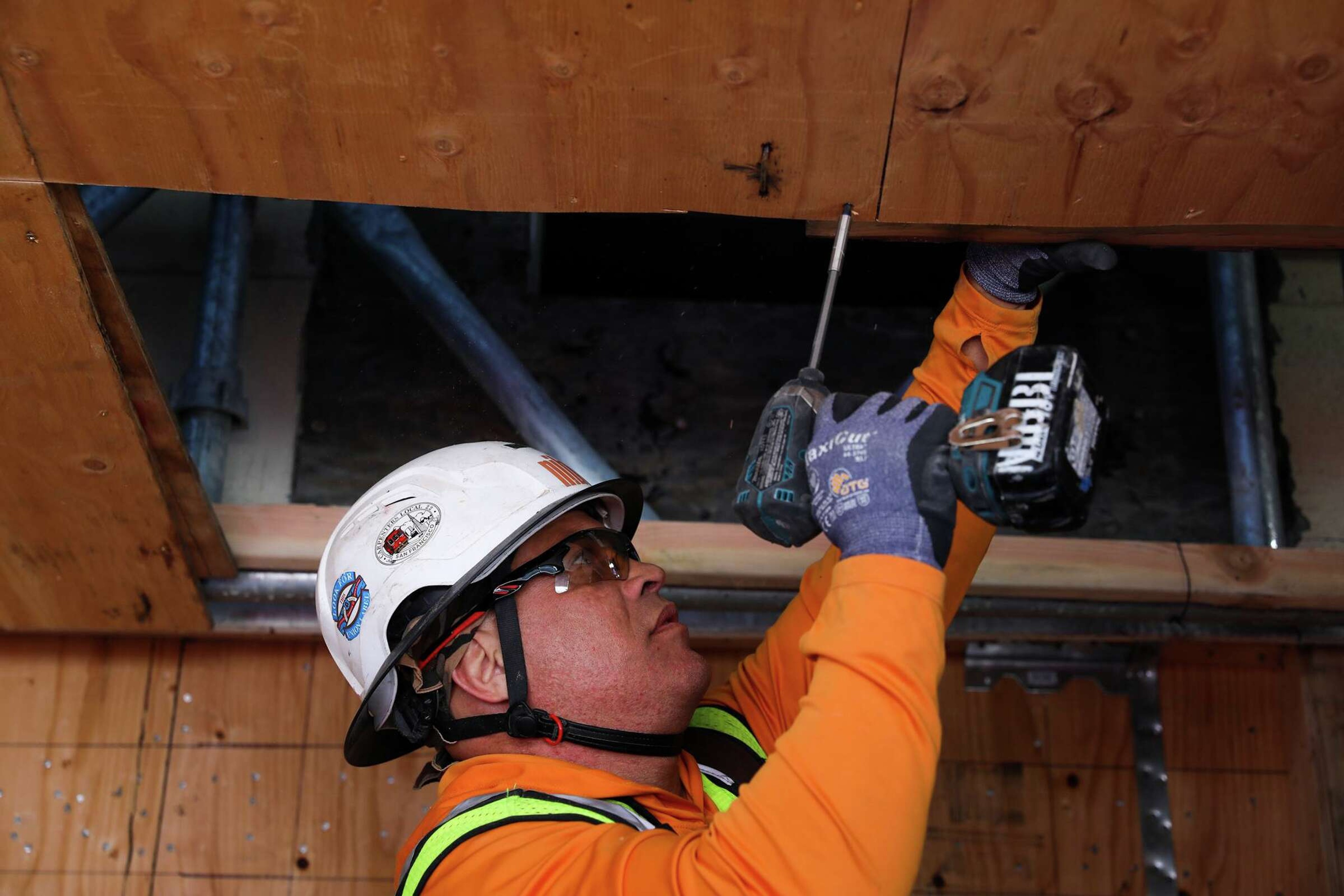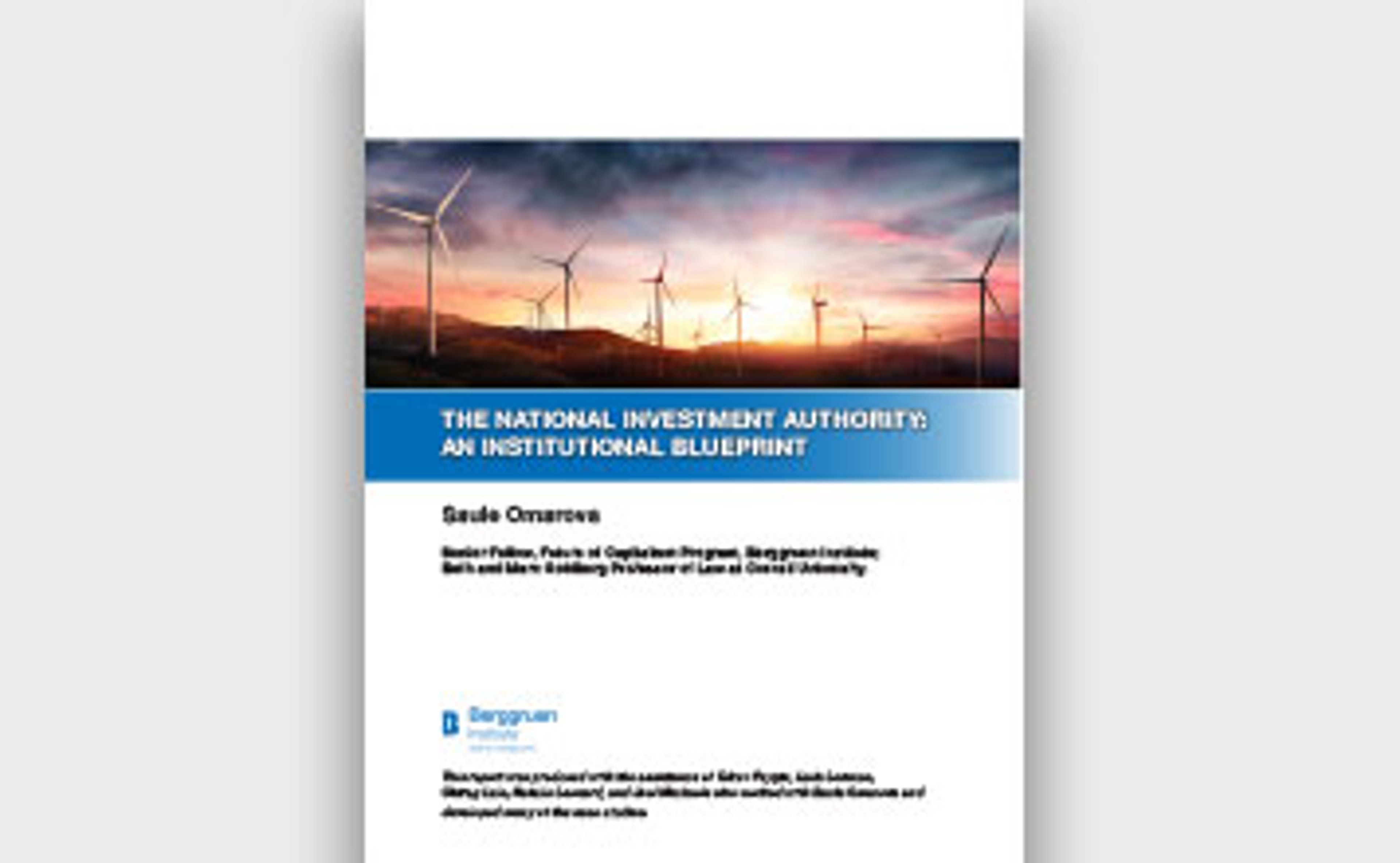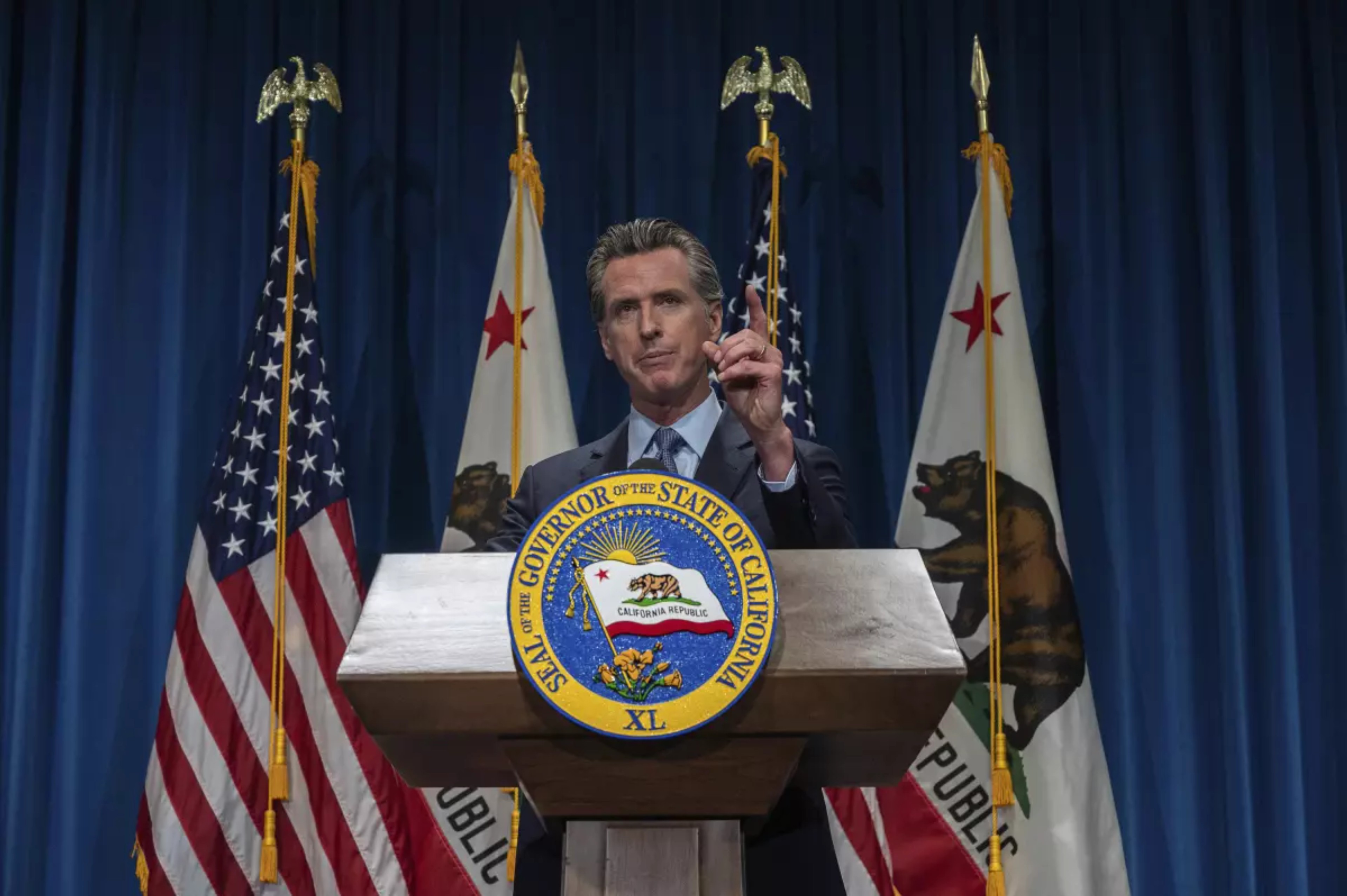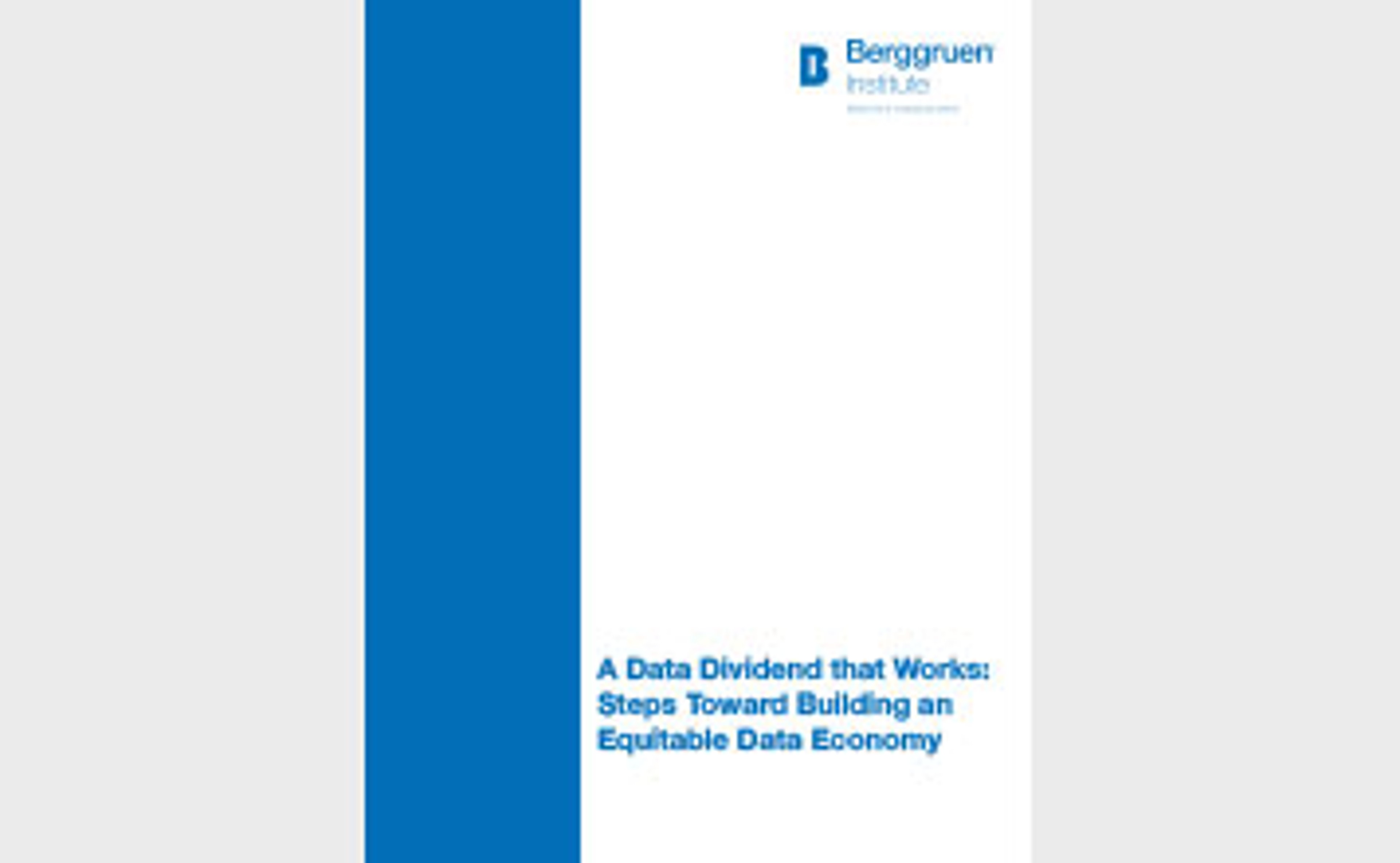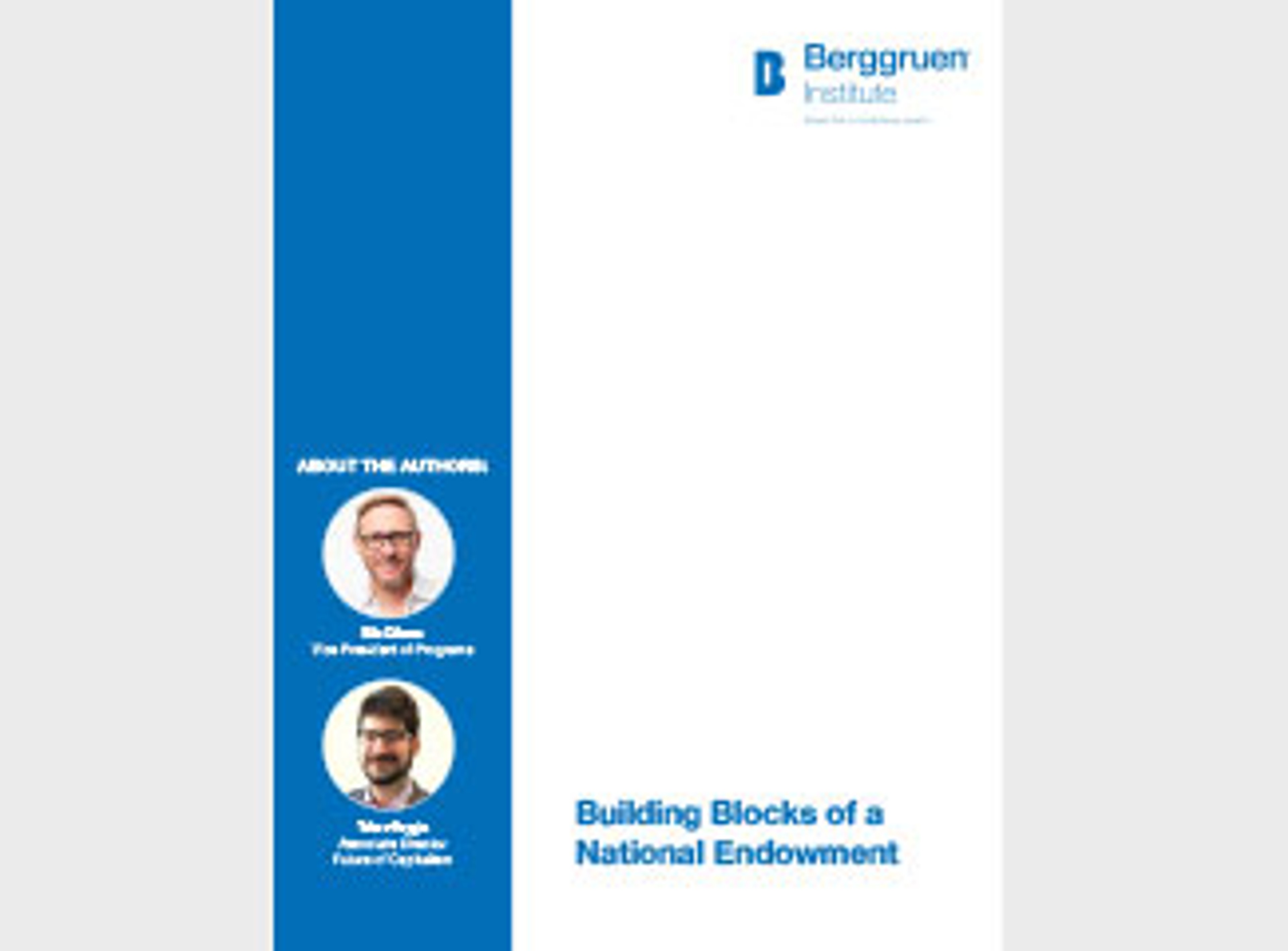Building Our Municipalities Markets Better: The Case for a GSE for Municipal Finance
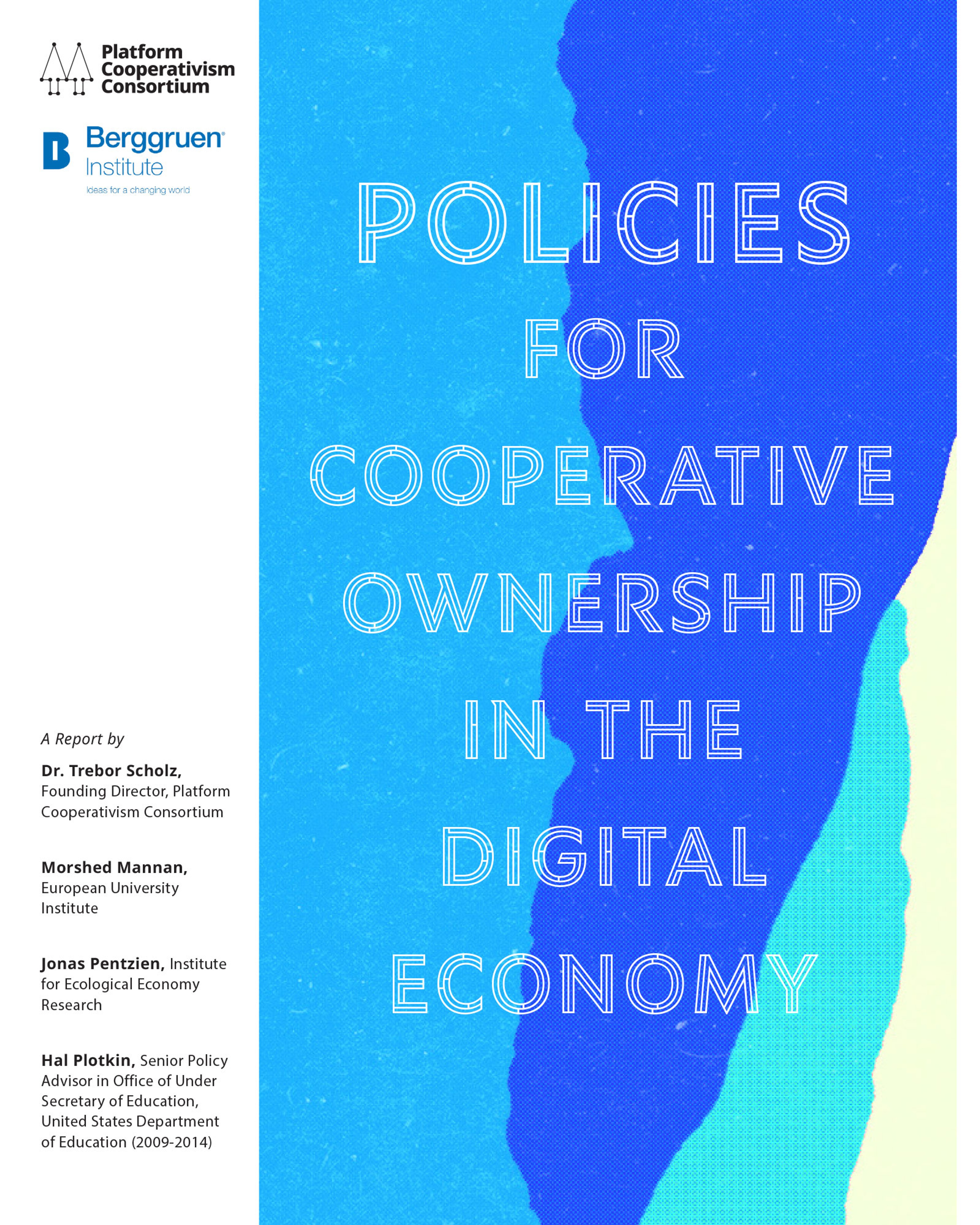
The market for US municipal bonds is almost unlike any other in the developed world: driven primarily by local household tax considerations, as opposed to global institutional demand for fixed income instruments. Households, especially high-income households, dominate the municipal bond space. Households and financial instruments held by households (mutual funds and exchange traded funds, or ETFs) own approximately 70% of total municipal securities, while financial institutions and the rest of the world hold the remainder. This contrasts with US treasury bonds which are held by a wide variety of institutional investors and reserve managers for the purpose of liquidity management (households own just 25%).
The power of the Federal Reserve and the centrality of the dollar to global trade accounts for the differences in these markets. While global financial and corporate institutions have a need for US debt to provide liquidity, hedge risk, and meet regulatory requirements, US municipal bonds carry no such advantages. Instead, US municipal bonds rely on their tax-exempt status to attract largely domestic investors aiming to lower their tax bills. In general, this means that states with more high-net-worth households have access to a larger funding market than poorer states, independent of their underlying fundamentals.
This has deep consequences for the economic well-being of the United States, even in stable times. Municipal debt finances up to 45% of government spending on average across states, making up 20% of national GDP (in 2019). This spending, however, has been crucially responsible for 72% of infrastructure investment spending since 1996.
The lack of deep, liquid markets to support infrastructure investments helps explain not just the severity and length of economic recessions in the United States as compared to other advanced economies, but also the state of US infrastructure. Cuts to state funding resulted in a prolonged economic recovery during the Great Recession. Fiscal actions such as the CARES Act and American Recovery Act saved state budgets during the COVID-19 pandemic through both direct transfers and indirect income from cash aid to households that sustained tax receipts. However, these are emergency measures which do not sustain state finances during “normal” times. State budgets thus become races to the bottom and vital investments are often not made because they compete with current priorities.
This paper argues for a reform of the municipal bond market via a federally-chartered financing institution whose role will be to purchase municipal bonds and securitize them into its own liabilities. Like the debts of other government owned corporations, these bonds will be receivable at the Federal Reserve and included in open market operations. This has the added benefit of allowing these instruments to become classified as high-quality liquid assets (HQLA) that institutional investors require for both regulatory compliance under Basel III frameworks and for balance sheet management purposes. Attaching tier 2b HQLA status to municipal general obligation bonds in 2015 has been shown to improve liquidity and reduce borrowing costs for state and city issuers. A federal backstop can create a similar effect for revenue bonds while also explicitly signaling to states that they have more fiscal space and thus increasing borrowing headroom for vital infrastructure projects.











